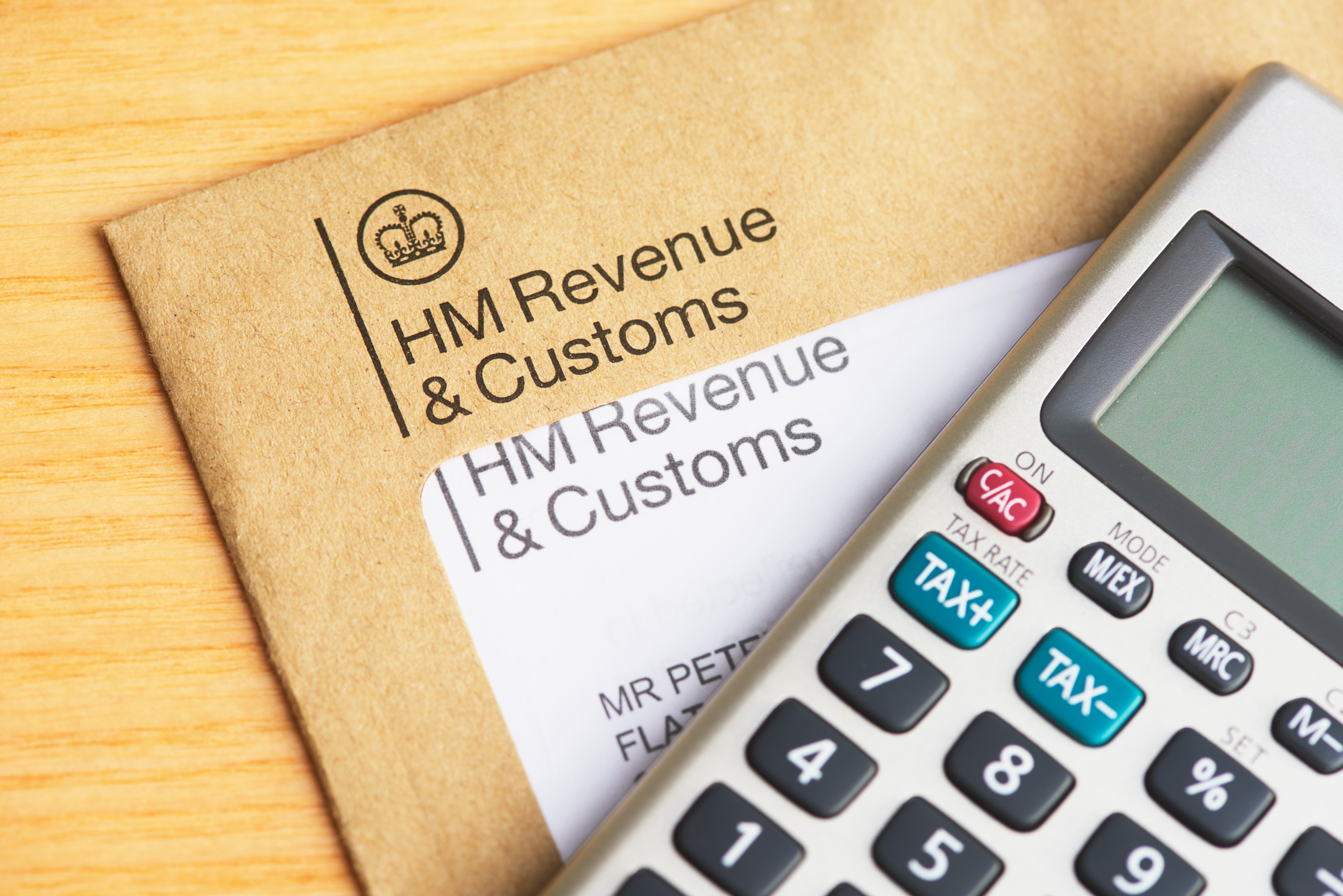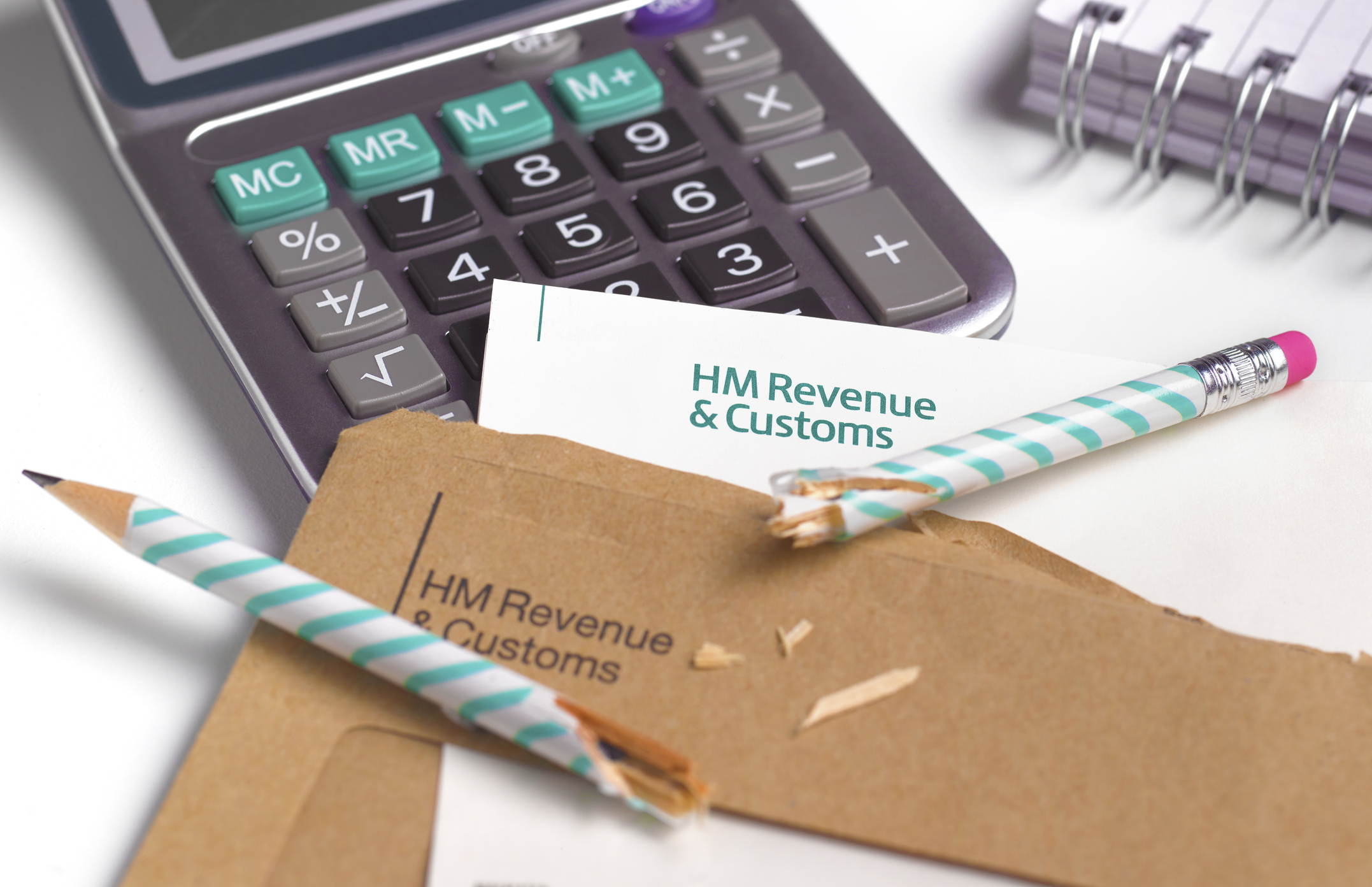Topping up state pension to become easier with new online tool
Anyone looking to buy extra National Insurance contributions and boost their state pension currently has to make multiple phone calls - but a new online tool is on its way.


Get the latest financial news, insights and expert analysis from our award-winning MoneyWeek team, to help you understand what really matters when it comes to your finances.
You are now subscribed
Your newsletter sign-up was successful
Want to add more newsletters?

Twice daily
MoneyWeek
Get the latest financial news, insights and expert analysis from our award-winning MoneyWeek team, to help you understand what really matters when it comes to your finances.

Four times a week
Look After My Bills
Sign up to our free money-saving newsletter, filled with the latest news and expert advice to help you find the best tips and deals for managing your bills. Start saving today!
An online service designed to simplify how you check your state pension and pay for missing National Insurance (NI) credits is due to launch within the next six months.
Many people have bought extra NI credits this year and boosted their state pension by thousands of pounds. The government has extended the state pension top-up deadline several times due to huge demand - you now have until April 2025.
But it is still time-consuming and complex to check and buy missing NI contributions; it requires a phone call to the Pensions Service and then another one to HMRC to get an 18-digit payment number, and some people have faced long wait times to get through on the phone lines.
MoneyWeek
Subscribe to MoneyWeek today and get your first six magazine issues absolutely FREE

Sign up to Money Morning
Don't miss the latest investment and personal finances news, market analysis, plus money-saving tips with our free twice-daily newsletter
Don't miss the latest investment and personal finances news, market analysis, plus money-saving tips with our free twice-daily newsletter
However, the good news is the government has confirmed it is setting up a digital tool to make the process easier.
We explain how it will work and when it will become available.
How will the online state pension service work?
HMRC and the Department for Work and Pensions are working together to launch an online service, which the “vast majority of customers” should be able to use to check and top up their state pension.
The new service will contain information to help customers decide which years they may wish to make up shortfalls on, based on which gap years are available for them to fill and the cheapest or most beneficial years to pay voluntary NI contributions for. Customers will then be able to pay online, should they decide to do so.
The service will also give state pension estimates and forecasts based on National Insurance records.
It is aimed at people who want to check and pay for NI credits quickly, and who do not need to speak to a government adviser before paying for voluntary contributions.
A government spokesperson said: “We are building a new online service to allow people to see if making voluntary National Insurance contributions would increase their state pension and then make any payments.
“The new service is currently being developed and tested to make absolutely sure it is easy to use and provides accurate information in a straightforward way.”
When will it launch?
The government says it is aiming to introduce the service later in the financial year 2023-24. This means it should launch sometime in the next six months, before 6 April 2024.
Once the online tool is ready, the guidance on gov.uk around how to check your NI record and top up your state pension will be updated to explain how to use the new service.
Can I still get advice and top up my pension over the phone?
Yes, if you feel more comfortable talking to someone over the phone, you can continue to call up to find out about your NI record, state pension forecast, and to pay for any missing years – and you'll still be able to do so once the online service has launched.
Contact the Future Pension Centre on 0800 731 0175, or if you're already at state pension age, contact the Pension Service helpline on 0800 731 0469.
How much can I boost my state pension by?
Buying extra NI credits can be a great way to boost your state pension income with very little risk.
Spending £907 to purchase NI credits (which is one year of NI contributions) could unlock up to £7,740 in extra income over a typical 20-year retirement period.
According to the investment platform Interactive Investor, somebody purchasing 10 years of NI contributions at a cost of £9,070 (10 X £907) could boost their state pension by £77,400 over a 20-year retirement, £33,946 over a decade and £15,927 over five years.
Note the exact cost of buying a year of NI credits varies depending on which year it relates to, and whether they are class 2 or class 3.
To boost your pension entitlement, you can normally buy up to six NI years to fill any gaps. For example, if you've had a break from work to raise children or care for elderly relatives. You usually need 35 full NI years to get the current maximum state pension of £203.85 a week. This means if you have gaps in your record and don’t have 35 years of NI contributions, you may not receive a full state pension later in life.
However, when the new state pension was introduced in 2016, the government made it possible to plug gaps all the way back to 2006.
Right now, you have until 5 April 2025 to buy voluntary National Insurance credits to fill any gaps dating back to April 2006. After that, you can only buy credits going back six years.
Get the latest financial news, insights and expert analysis from our award-winning MoneyWeek team, to help you understand what really matters when it comes to your finances.

Ruth is an award-winning financial journalist with more than 15 years' experience of working on national newspapers, websites and specialist magazines.
She is passionate about helping people feel more confident about their finances. She was previously editor of Times Money Mentor, and prior to that was deputy Money editor at The Sunday Times.
A multi-award winning journalist, Ruth started her career on a pensions magazine at the FT Group, and has also worked at Money Observer and Money Advice Service.
Outside of work, she is a mum to two young children, while also serving as a magistrate and an NHS volunteer.
-
 Should you buy an active ETF?
Should you buy an active ETF?ETFs are often mischaracterised as passive products, but they can be a convenient way to add active management to your portfolio
-
 Power up your pension before 5 April – easy ways to save before the tax year end
Power up your pension before 5 April – easy ways to save before the tax year endWith the end of the tax year looming, pension savers currently have a window to review and maximise what’s going into their retirement funds – we look at how
-
 Two million taxpayers to be hit by £100k tax trap by 2026/27
Two million taxpayers to be hit by £100k tax trap by 2026/27Frozen thresholds mean more people than ever are set to pay an effective income tax rate of 60% as their earnings increase beyond £100,000. We look at why, as well as how you can avoid being caught in the trap.
-
 13 tax changes in 2026 – which taxes are going up?
13 tax changes in 2026 – which taxes are going up?As 2026 gets underway, we look at what lies ahead in terms of changes to tax rates and allowances this year and how it will affect you.
-
 How to limit how much of your Christmas bonus goes to the taxman
How to limit how much of your Christmas bonus goes to the taxmanIt's Christmas bonus season but the boosted pay packet may mean much of your hard-earned reward ends up with HMRC instead of in your pocket
-
 Over 1 million pay 45% rate of income tax as fiscal drag bites
Over 1 million pay 45% rate of income tax as fiscal drag bitesHundreds of thousands more people are being pushed into the additional rate tax band by fiscal drag
-
 'I've used my annual ISA allowance. How can I shield my savings from tax?'
'I've used my annual ISA allowance. How can I shield my savings from tax?'As millions face paying tax on savings interest, we explore how to protect your money from the taxman. If you've used up your ISA allowance, we look at the other tax-efficient options.
-
 Simple assessment explained as millions brace for unexpected tax bills
Simple assessment explained as millions brace for unexpected tax billsIncreasing numbers of people could get letters from HMRC saying they owe more tax due to frozen thresholds, under a system known as simple assessment. Here is what it means for you.
-
 What are wealth taxes and would they work in Britain?
What are wealth taxes and would they work in Britain?The Treasury is short of cash and mulling over how it can get its hands on more money to plug the gap. Could wealth taxes do the trick?
-
 When is the self-assessment tax return deadline?
When is the self-assessment tax return deadline?If you are self-employed, rent out a property or earn income from savings or investments, you may need to complete a self-assessment tax return. We run through the deadlines you need to know about